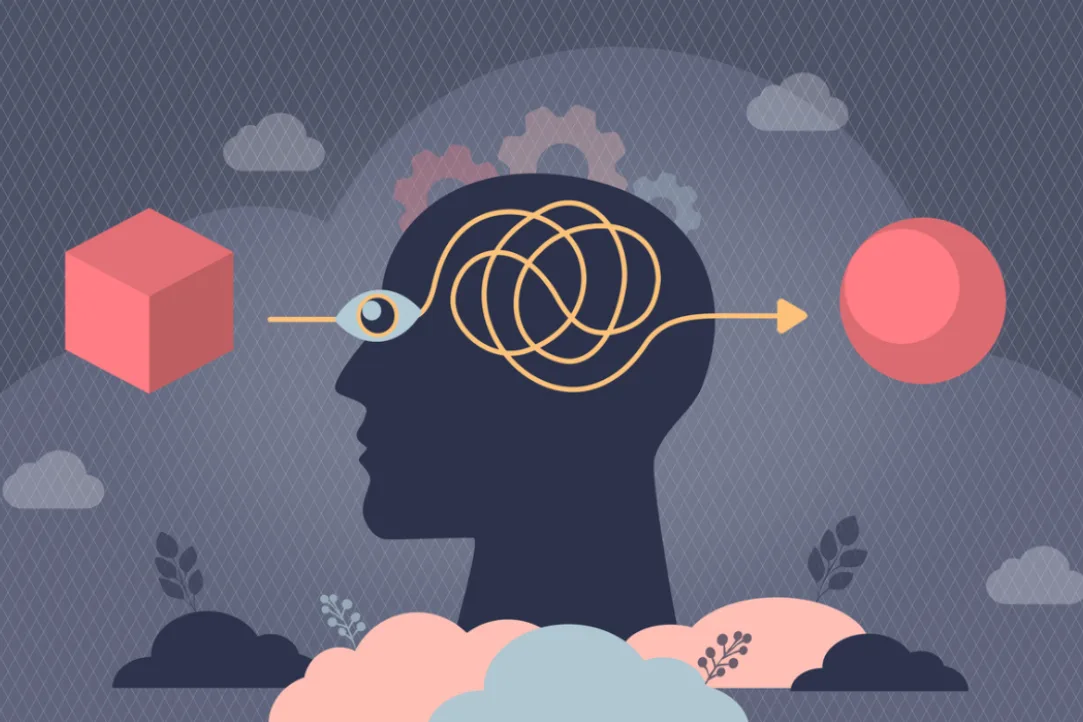Cognitive biases are not just individual quirks—they have societal consequences. Jurors may misinterpret evidence due to confirmation bias. Doctors might misdiagnose because of anchoring on initial symptoms. Policymakers may make flawed judgments under the influence of availability heuristics.
Advertisement
However, awareness of biases can help mitigate them. Techniques such as considering alternative viewpoints, using structured decision-making processes, or relying on data rather than intuition can reduce errors. Some organizations implement “red teams” tasked with challenging assumptions to counteract groupthink, another common bias.
While cognitive biases cannot be eliminated entirely—they are part of how the human mind works—psychology provides tools to recognize and counteract them. By becoming more aware of these mental shortcuts, individuals and organizations can make better, more rational choices in a complex world.


